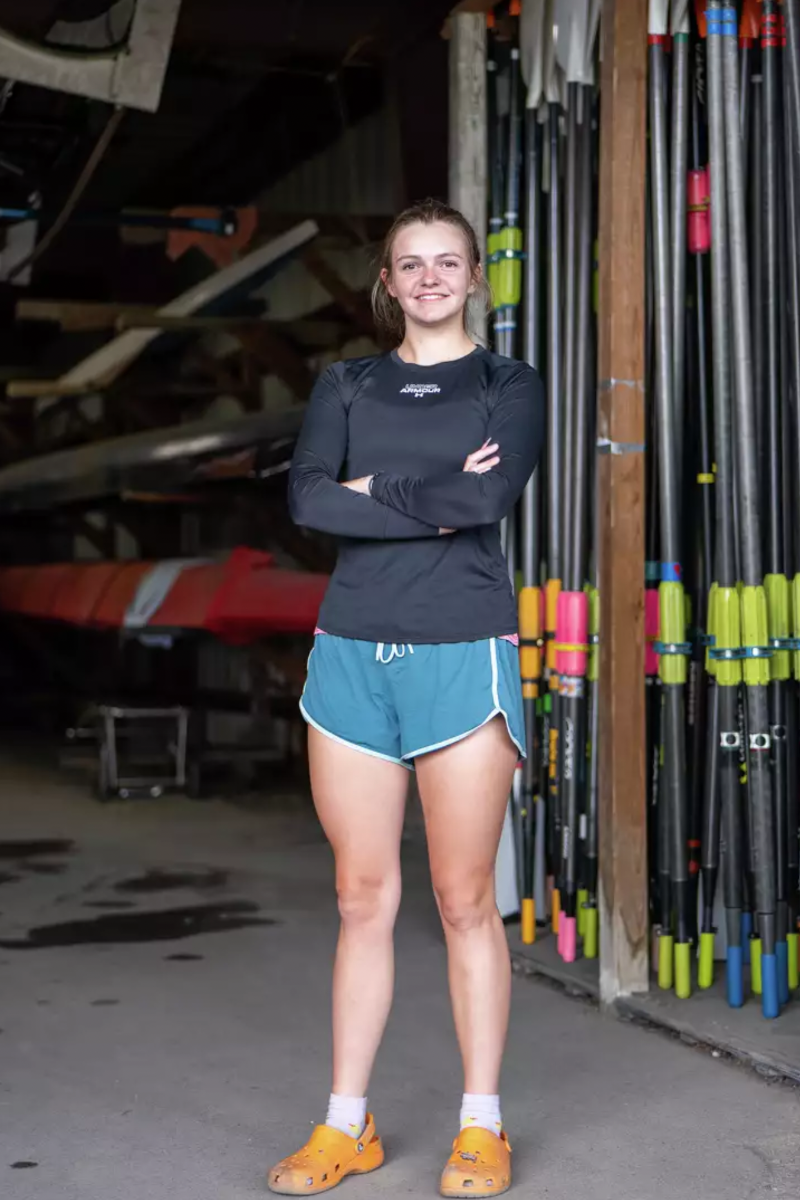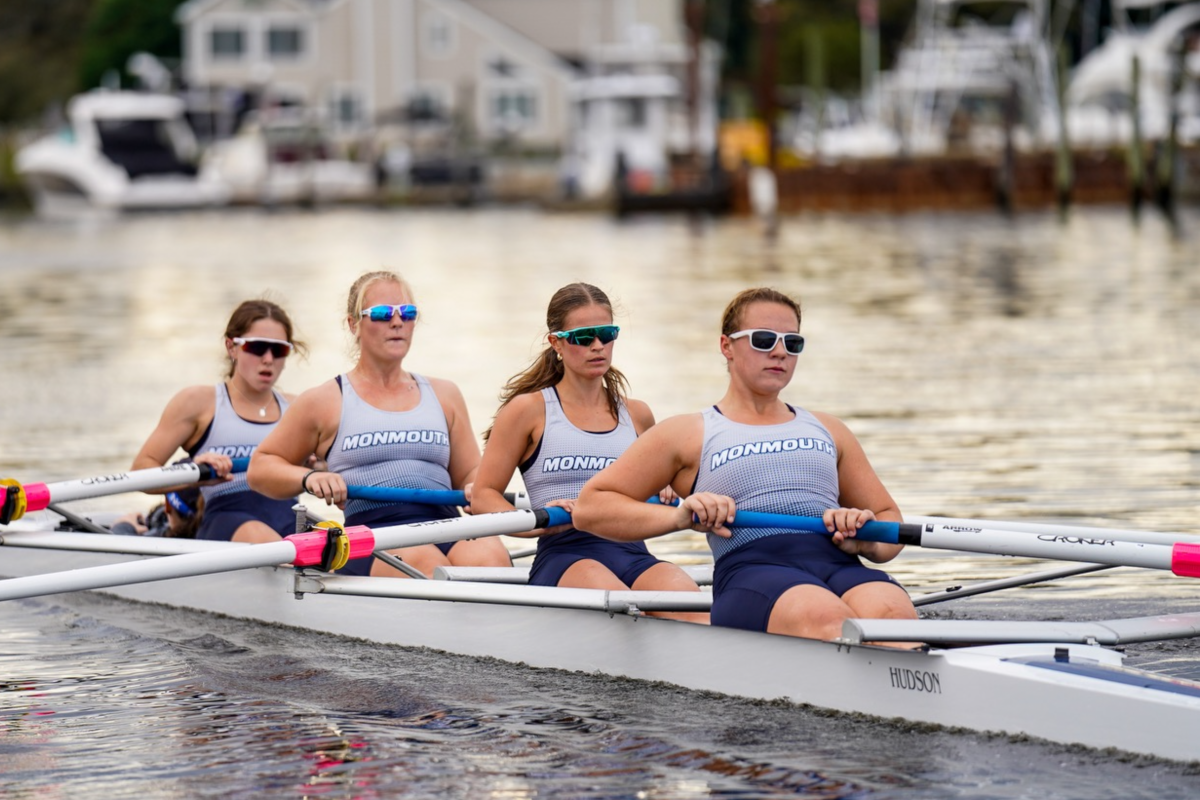Youth Summer Camp
Teaches athletes ages 12-18 about the sport of rowing in a fun and educational setting. Students learn water and boat safety, stroke mechanics on the ergometer (rowing machine) and the basic techniques of sweep rowing and sculling. Those who would like to continue rowing may join our Youth Team.
Summer
Monday - Friday camp from 9:00am - 12:00pm
-
Week 1
June 22 - June 26
-
Week 2
June 29 - July 3
-
Week 3
July 6 - July 10
-
Week 4
July 13 - July 17
-
Week 5
July 20 - July 24
-
Week 6
July 27 - July 31
-
Week 7
Aug 3 - Aug 7
-
Week 8
Aug 10 - Aug 14
Cost
Coaches (2025)

Sammy Staubach
Assistant Coach
I started rowing for ARC in 2019 and gained confidence though small accomplishments at practice and eventually in being recruited to an NCAA D1 rowing program, Monmouth University. At Monmouth, I was named team captain at the end of my first semester and I recently received the teams leadership award. My goal for this summer is to further spread my love for rowing across all ages and skill levels at ARC!

Shannon Breimer
Camp Coach
I learned to row at ARC's summer camp in 2020 when we could only row in singles due to COVID. Since then, I have finished 4th in U17 singles at US Rowing's Youth National Championship, 3rd in U19 singles at the Canadian Henley and 5th in youth singles at Head of the Charles, the largest crew regatta in the world. This year, I was recruited to row at Columbia University.
Important Links
- pool Swim test certification form
- article Information packet for new rowers
- book Coxswains handbook for learn-to-row
- play_circle Rowing stroke video from Concept2
warning Pre-requisites
- All participants must know how to swim and complete the swim test certification before the first practice. Note that rowers do not wear life jackets in the boat. The coaching launch is equipped with life jackets for every rower.
- You should expect to lift 25-30 lbs above your head. A fully-rigged eight person rowing shell weighs around 200 pounds. With eight people lifting and carrying, each person shoulders 25 to 30 pounds. You should consult with your physician before starting any strenuous exercise program such as rowing.
Dress appropriately
Wear comfortable athletic clothing that can get wet or dirty. Avoid baggy shirts, shorts or pants that could get stuck on the oar handles or the sliding seat. Shoes are not worn in the boat, so be sure to wear durable socks. Rowing is a water sport and it is easy to get wet, so bring a change of clothes.




